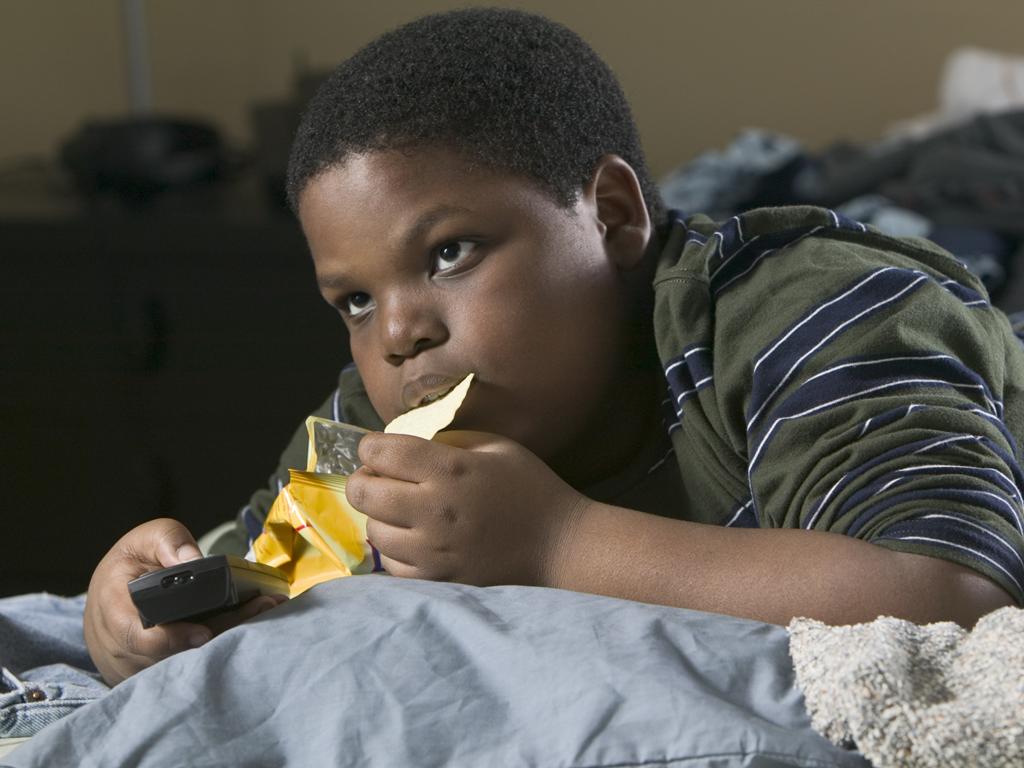How Ugandan parents can tackle childhood obesity this holiday
Parents are dusting off their wallets, kids are plotting snack raids, and chapati vendors are bracing for record sales. But behind the laughter and holiday bustle, there’s a growing concern we can’t chew away—childhood obesity.

Children are home enjoying the school holiday season again. Parents are dusting off their wallets, kids are plotting snack raids, and chapati vendors are bracing for record sales. But behind the laughter and holiday bustle, there’s a growing concern we can’t chew away—childhood obesity.
According to the 2022 Uganda Non-Communicable Disease Risk Factor Survey, nearly six percent of urban children aged 5–17 are overweight or obese. That may sound like a small figure, but in playground language, that’s one child in every class who’d rather be on Netflix than on a netball court. Many children today could qualify as professional “screen watchers.”
TikTok marathons, endless YouTube cartoons, and PlayStation battles have replaced football in the compound or dodging boda bodas for exercise. Add to that a love affair with fast food—burgers, fried chicken, chips (not the mathematical kind)—and you’ve got a recipe for bigger waistlines and smaller stamina.
At the recent Kampala Parents’ Annual Sports Day, Rev. Canon Duncan Mugumya reminded parents that raising active children is a team sport. It’s not enough to cheer from the sidelines with a soda in hand; parents must roll up their sleeves (and maybe their trouser legs) to encourage physical play and healthier eating habits at home. Globally, the alarm bells are ringing.
The World Health Organization and the Global Nutrition Report 2022 highlight obesity as a fast-rising public health challenge. Even the World Bank forecasts an increase in overweight children under five. In other words, it’s not just Uganda—it’s the whole world battling expanding waistlines.
So, what can Ugandan parents do without losing their minds? They can start by turning screen time into green time—swapping an hour of cartoons for an hour in the garden. Kids may complain, but digging up sweet potatoes beats digging through junk food. They can sneak in veggies where no child expects them.
No one willingly eats dodo, but mix it in a Rolex and suddenly you’re a culinary genius. Fitness doesn’t have to be limited to football either; skipping rope, hula-hooping, or even a TikTok dance challenge can get the whole family moving. Parents can also set limits, not just menus—chips can be a treat, not a food group. And most importantly, they can lead by example. It’s hard to convince your child to avoid soda when your fridge is basically a Coca-Cola shrine.
This holiday, let’s not outsource parenting to screens and snack shops. Obesity prevention doesn’t need to be military-style bootcamp—it can be small, fun changes at home. Think of it this way: when your child grows up strong, healthy, and less obsessed with fries, you’ll thank yourself. And maybe they’ll thank you too… right after sulking about their limited Wi-Fi.
Childhood obesity is real, but it’s not irreversible. A little effort, some creativity, and a lot of patience from parents can help Ugandan children grow up healthier, happier, and still able to enjoy the occasional mandazi. The ball is in your court—just make sure it’s not a meatball.obese







